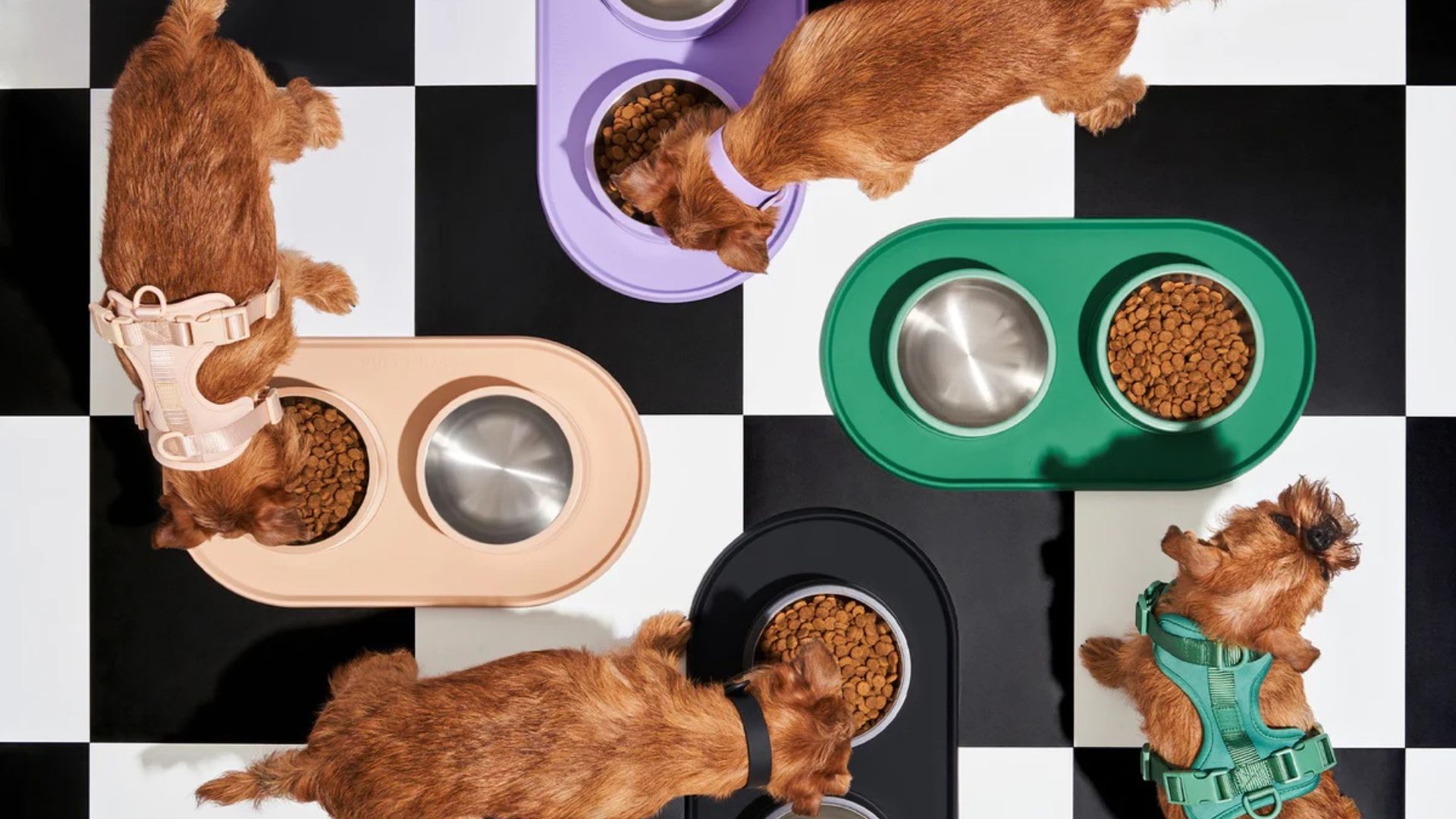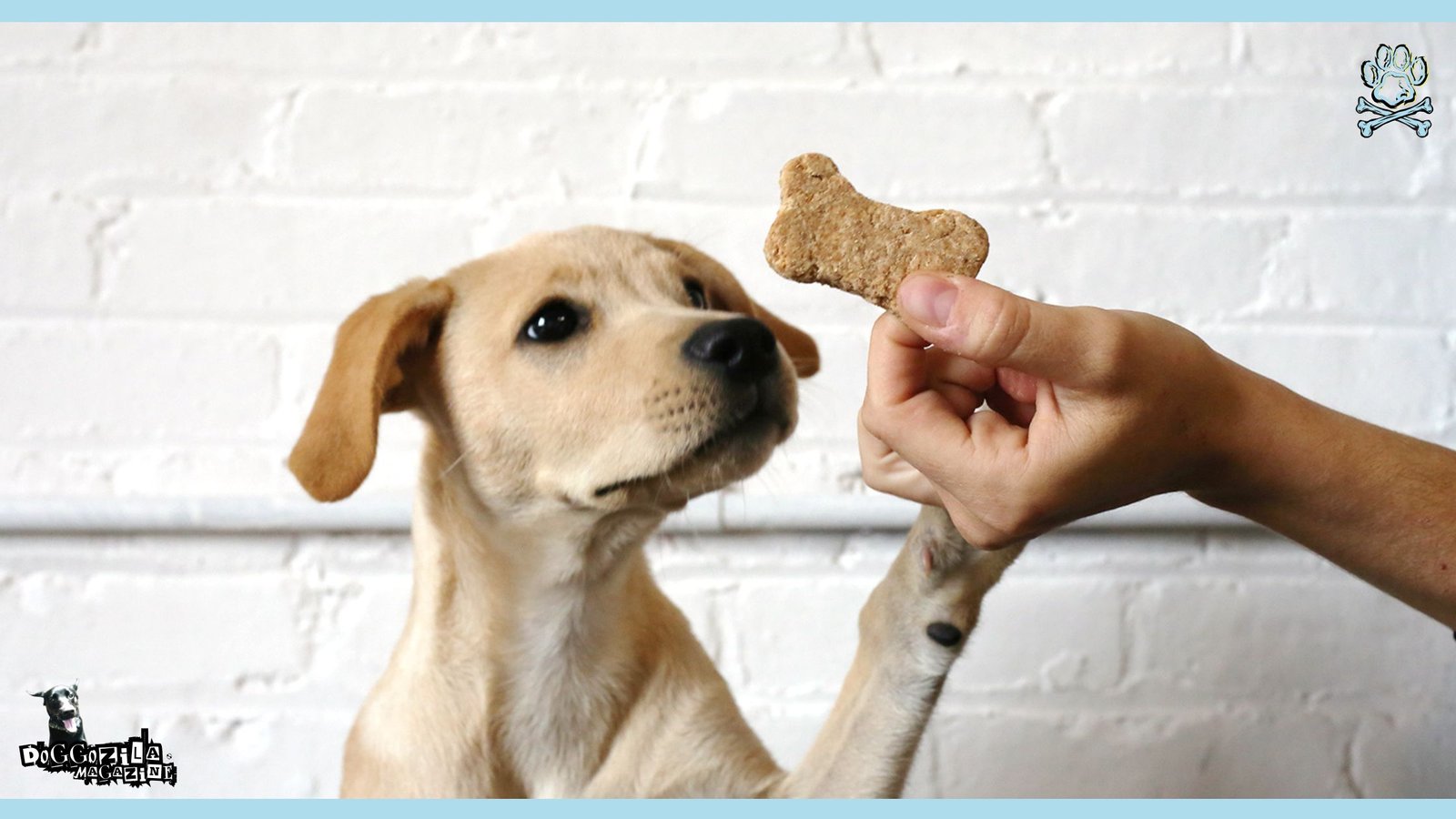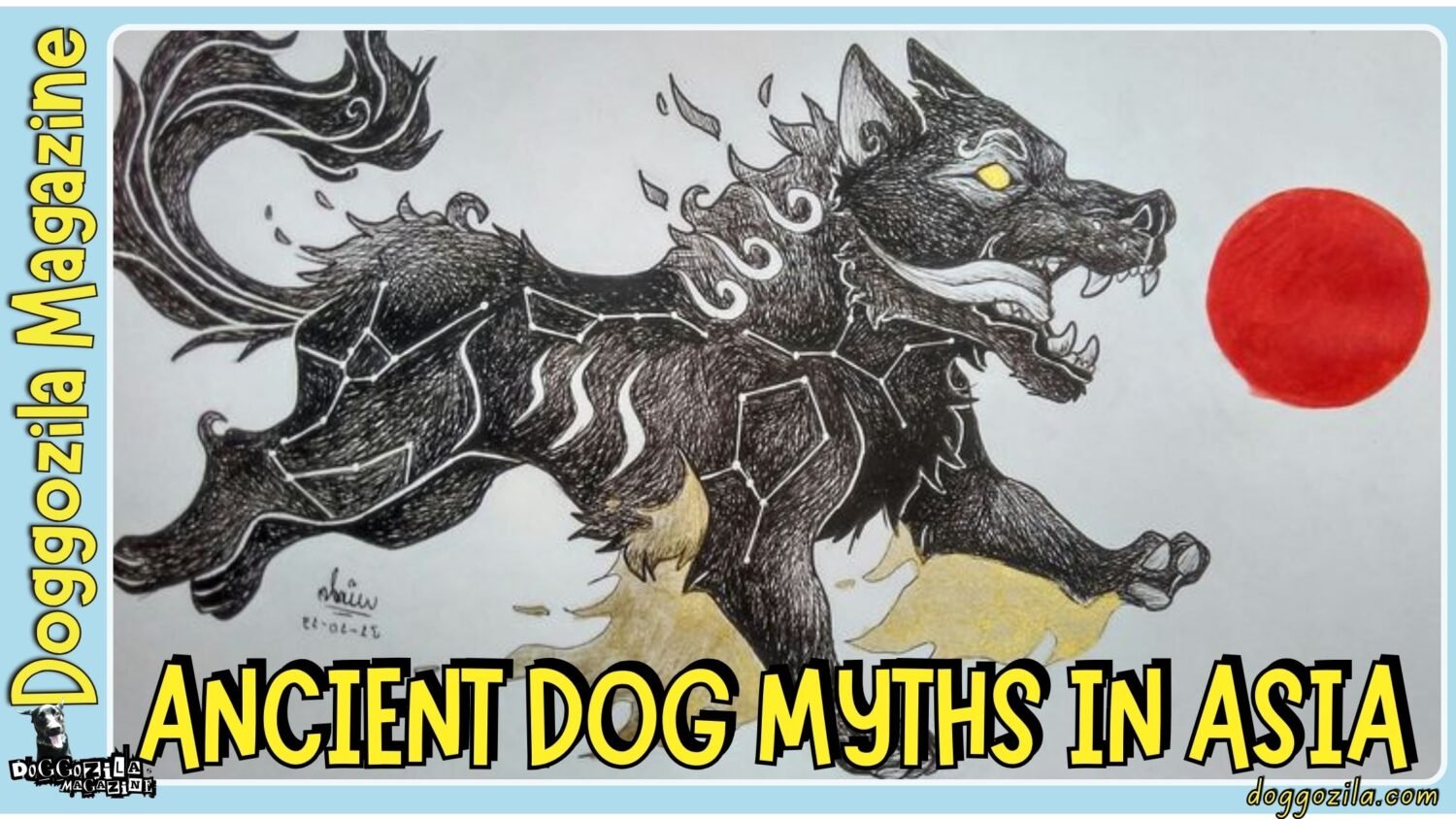As a dog owner, you know that your furry friend’s diet is important for their overall health and well-being. But what happens when your dog suddenly stops eating their food? all dog owners have been there, so why my dog won’t eat his food, you asked?

MEDICAL REASONS FOR A LOSS OF APPETITE
There are a number of possible reasons why your dog might be refusing to eat, and it’s important to rule out any medical causes before you try to address the issue behaviorally. In this article, we’ll discuss some of the most common reasons why dogs stop eating, as well as some tips on how to get your dog back to their regular eating habits.
Most common reasons why your dog stop eat food
One of the most common reasons why dogs stop eating is because they’re sick.
Some of the most common medical conditions that can cause a loss of appetite in dogs include:
- Dental problems: If your dog has any dental problems, such as a broken tooth or gum disease, they may be in pain when they eat. This can make them reluctant to eat, even if their food is still appealing to them.
- Gastrointestinal problems: Any kind of gastrointestinal upset, such as vomiting, diarrhea, or constipation, can also cause a loss of appetite in dogs. If your dog is experiencing any of these symptoms, it’s important to take them to the vet to rule out any serious medical conditions.
Most common infections that can affect dogs
Dogs can also develop infections that can cause a loss of appetite.
Some of the most common infections that can affect dogs include:
- Bacterial infections: These infections can affect any part of the body, including the stomach, intestines, or urinary tract.
- Viral infections: These infections can also affect any part of the body, but they’re more likely to cause a loss of appetite if they affect the respiratory system or the gastrointestinal tract.
- Parasitic infections: Dogs can also get parasites, such as worms, that can cause a loss of appetite.

Behavioral Reasons for a Loss of Appetite
If your dog’s appetite is suddenly decreased and there’s no obvious medical cause, it’s possible that the problem is behavioral.
Some of the most common behavioral reasons why dogs stop eating any food include:
- Stress or anxiety: If your dog is feeling stressed or anxious, they may be less likely to eat any food. This is especially true if the stress is caused by a change in their environment, such as a new pet in the house or a move to a new home.
- Boredom: If your dog is bored with their food, they may be less likely to eat it. This is why it’s important to keep your dog’s diet interesting by rotating their food and adding variety to their meals.
- Pickiness: Some dogs are simply picky eaters. If your dog has always been a picky eater, it’s likely that their loss of appetite is simply a continuation of that behavior.
What to Do If Your Dog Won’t Eat
If your dog has stopped eating, the first step is to take them to the vet to rule out any medical causes. Once you’ve ruled out any medical problems, you can start to address the behavioral reasons why your dog might be refusing to eat his food.

HOW TO GET YOUR DOG BACK TO THEIR REGULAR EATING HABITS
If your dog has stopped eating, it’s important to take them to the vet to rule out any medical causes. Once you’ve ruled out any medical problems, you can start to address the behavioral reasons why your dog might be refusing to eat. By following the tips below, you can help your dog get back to their regular eating habits and stay healthy.
Tips To Help Your Dog Get Back Their Regular Eating Habits
- Make sure their food is fresh and appealing. If your dog’s food is stale or has gone bad, they’re probably not going to want to eat it. Make sure to store their food properly and check the expiration date regularly.
- Try a different food. If your dog is bored with their current food, try switching to a different brand or flavor. By trying to add some wet food to their dry food will make the food more appealing.
- Feed them in a quiet environment. If your dog is stressed or anxious, they may be less likely to eat in a noisy or crowded environment. Try feeding them in a quiet room where they can relax and eat in peace.
- Be patient. It may take some time to get your dog back to their regular eating habits. Don’t get discouraged if they don’t start eating right away. Just keep offering them their food and be patient.
How Often Should You Change Your Dog’s Food
As a responsible dog owner, you want the best for your furry friend, and that includes their diet. But how often should you change your dog’s food? This question is essential for your pet’s health and well-being.
Let’s explore the factors influencing when and how to change your dog’s food to ensure they receive optimal nutrition throughout their life. Proper nutrition is the foundation of a dog’s health and well-being. Their dietary requirements change at different life stages, and it’s essential to provide them with the right balance of nutrients.
When to Change Your Dog’s Food
- Life Stages and Dietary Needs: Dogs have different nutritional needs throughout their life. Puppies, adult dogs, and senior dogs require specific dietary formulations. Transitioning to an age-appropriate food is crucial to ensure they receive the right nutrients.
- Allergies and Sensitivities: If your dog develops food allergies or sensitivities, you may need to change their diet. Common signs of allergies include skin issues, gastrointestinal problems, and persistent itching. Consult your veterinarian to identify the specific allergen and choose an appropriate food.
How to Change Your Dog’s Food
- Gradual Transition: It could lead to digestive upset if you suddenly change your dog’s food. To transition, mix the old and new food gradually over 7-10 days, adjusting the ratio until your dog is entirely on the new food.
- Choosing the Right Food: Selecting high-quality dog food that meets AAFCO (Association of American Feed Control Officials) standards is essential. Look for options that list a specific meat source as the first ingredient and avoid foods with excessive fillers.

COMMON QUESTIONS ABOUT CHANGING THE DOG FOOD
Remember that it’s essential to be vigilant about their changing requirements and any health issues that may arise. Check the most common questions and answers about changing the dog food.
Top Q & A for Changing Your Dog Food
- How often should you change your dog’s food? Regular dietary changes are generally not necessary unless specific health issues or life stage changes dictate it.
- What if my dog refuses the new food? Some dogs may be finicky, but a gradual transition usually encourages acceptance. If they continue to resist, consult your vet for alternatives.
- Can changing dog food cause diarrhea? Yes, abrupt changes can lead to digestive upset, resulting in diarrhea. Gradual transitions help prevent this.
- What’s the best dog food for allergies or sensitivities? Hypoallergenic or limited-ingredient dog foods are often recommended for dogs with allergies or sensitivities. Consult with your vet to provide guidance on suitable options that could work at the moment.
- Should you change your dog’s food based on the season? While not necessary, some dog owners choose to adjust their dog’s food seasonally. Consult with your vet if you’re considering this approach.
Prioritizing Your Dog’s Dietary Health
In conclusion, the question of how often to change your dog’s food revolves around their life stage, health status, and dietary needs. Most dogs can maintain the same diet for a significant portion of their life. However, it’s essential to be vigilant about their changing requirements and any health issues that may arise.
Your veterinarian is an invaluable resource for ensuring your dog’s dietary health. Regular check-ups, discussions about dietary changes, and their expert guidance can help you make informed decisions about your dog’s nutrition.
By prioritizing your dog’s dietary health, you’re contributing to their overall well-being and longevity. Hopefully we answer your question: “Why my dog won’t eat his food” and more! We encourage all dog owners to try and make more healthy foods for their furry friends, check some of the recipes below, we recommend to try something new and healthy!
We recommend these Veterinary – Approved Homemade Recipes for Healthy Dog Food









